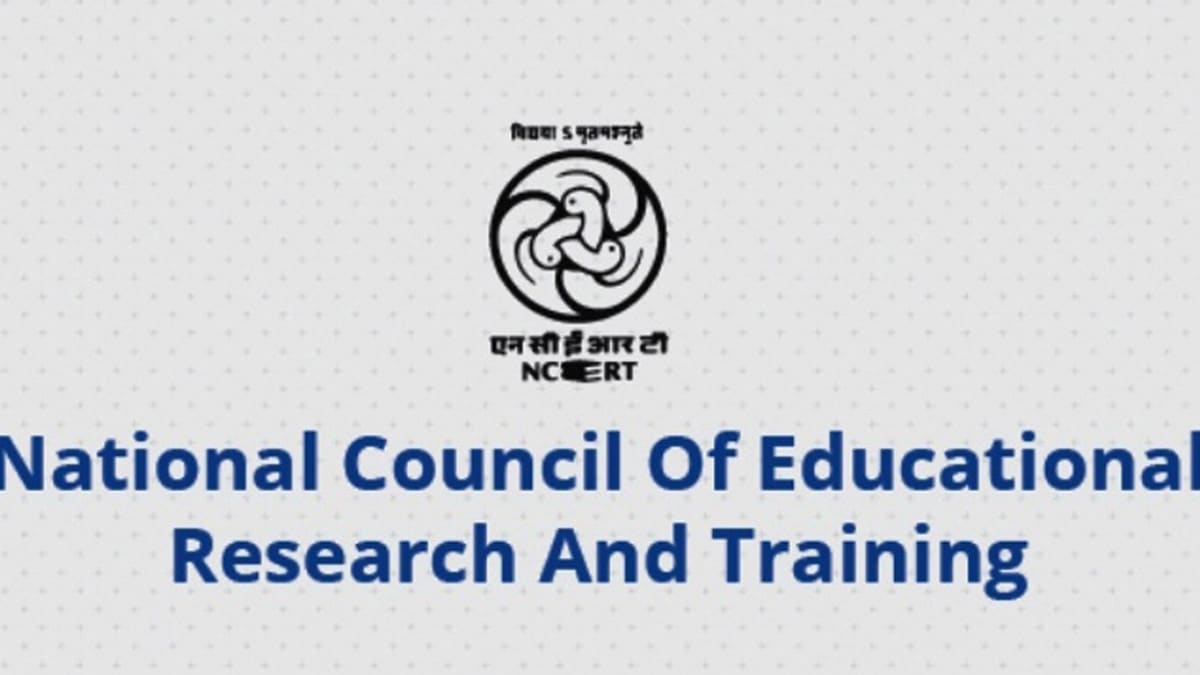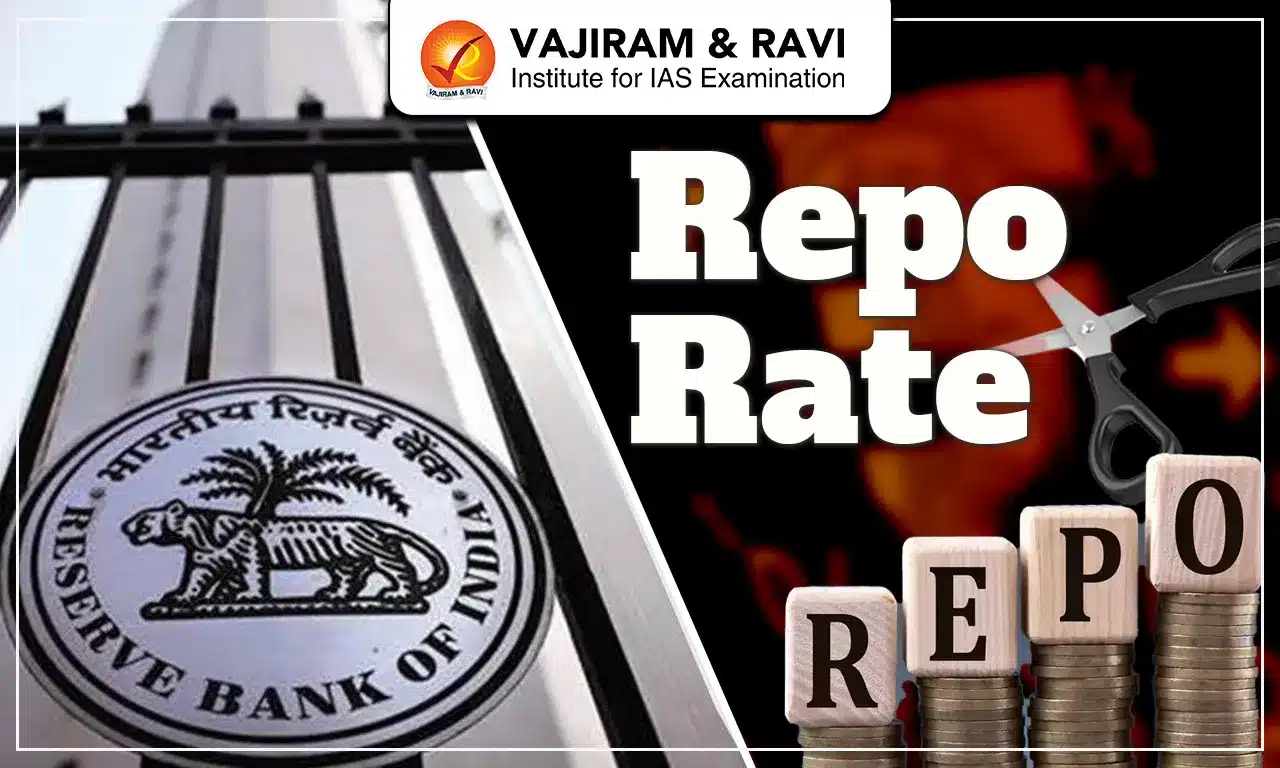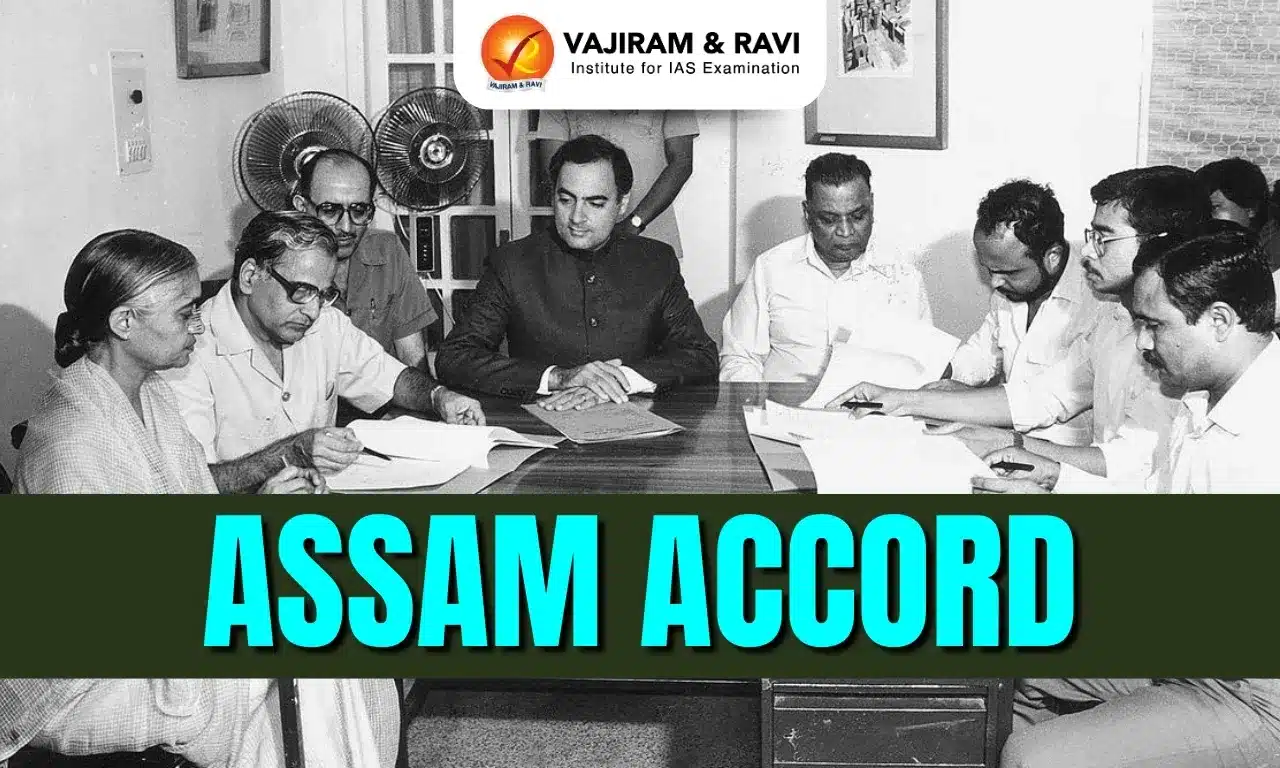About National Council of Educational Research and Training (NCERT)
- It is an autonomous organisation set up in 1961 by the Government of India to assist and advise the Central and State Governments on policies and programmes for qualitative improvement in school education.
- The major objectives of NCERT and its constituent units are to:
- Undertake, aid, promote and coordinate research in areas related to school education;
- Prepare and publish model textbooks, supplementary material, newsletters, journals and other related literature;
- Organise pre-service and in-service training of teachers;
- Develop and disseminate innovative educational techniques and practices;
- Collaborate and network with state educational departments, universities, NGOs and other educational institutions;
- Act as a clearing house for ideas and information in matters related to school education;
- Act as a nodal agency for achieving the goals of universalization of elementary education.
- NCERT is an implementation agency for bilateral cultural exchange programmes with other countries in the field of school education.
- The NCERT also interacts and works in collaboration with international organisations, visiting foreign delegations and offering various training facilities to educational personnel from developing countries.
- As per the National Education Policy 2020, NCERT is the nodal agency to develop National Curriculum Frameworks (NCFs) for (a) Early Childhood Care and Education (ECCE), (b) School Education, and (c) Adult Education.
- The council headquarters is located at Sri Aurobindo Marg, New Delhi.
- Organizational Structure:
- The Union Minister of Education is the President (ex-officio) of the General Body of NCERT.
- The members of the General Body include Education Ministers of all States and Union Territories.
- The Secretary, NCERT is the Convenor of the General Body of the NCERT.
- The Executive Committee is the main governing body of NCERT. The Union Minister of Education is its President (ex-officio) and the Union Minister of State in the Ministry of Education is the ex-officio Vice-President.
- The Executive Committee is assisted in its work by the various Standing Committees/Boards.
- The functions of the Council are looked after by the Director, Joint Director and Secretary.
Q1) What is the National Education Policy 2020?
The National Education Policy, approved by the Union Cabinet in July 2020, outlines the vision of India’s new education system. NEP 2020 focuses on five pillars: Affordability, Accessibility, Quality, Equity, and Accountability – to ensure continual learning. The new policy replaces the previous National Policy on Education, 1986 and forms a comprehensive framework to transform both elementary and higher education in India by 2040.
Source: NCERT granted deemed university status: Dharmendra Pradhan
Last updated on November, 2025
→ Check out the latest UPSC Syllabus 2026 here.
→ Join Vajiram & Ravi’s Interview Guidance Programme for expert help to crack your final UPSC stage.
→ UPSC Mains Result 2025 is now out.
→ UPSC Notification 2026 is scheduled to be released on January 14, 2026.
→ UPSC Calendar 2026 is released on 15th May, 2025.
→ The UPSC Vacancy 2025 were released 1129, out of which 979 were for UPSC CSE and remaining 150 are for UPSC IFoS.
→ UPSC Prelims 2026 will be conducted on 24th May, 2026 & UPSC Mains 2026 will be conducted on 21st August 2026.
→ The UPSC Selection Process is of 3 stages-Prelims, Mains and Interview.
→ UPSC Result 2024 is released with latest UPSC Marksheet 2024. Check Now!
→ UPSC Prelims Result 2025 is out now for the CSE held on 25 May 2025.
→ UPSC Toppers List 2024 is released now. Shakti Dubey is UPSC AIR 1 2024 Topper.
→ UPSC Prelims Question Paper 2025 and Unofficial Prelims Answer Key 2025 are available now.
→ UPSC Mains Question Paper 2025 is out for Essay, GS 1, 2, 3 & GS 4.
→ UPSC Mains Indian Language Question Paper 2025 is now out.
→ UPSC Mains Optional Question Paper 2025 is now out.
→ Also check Best IAS Coaching in Delhi

















